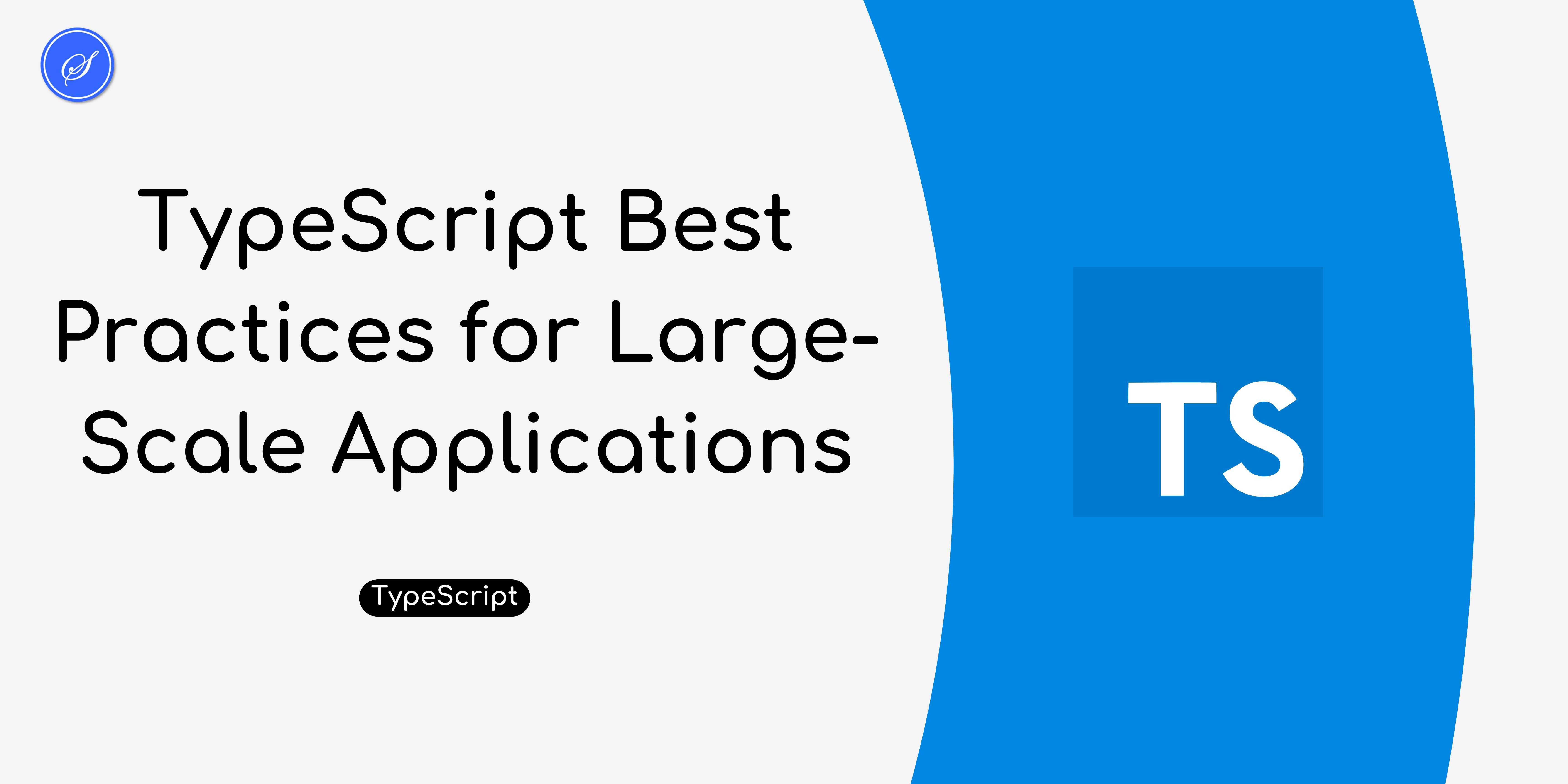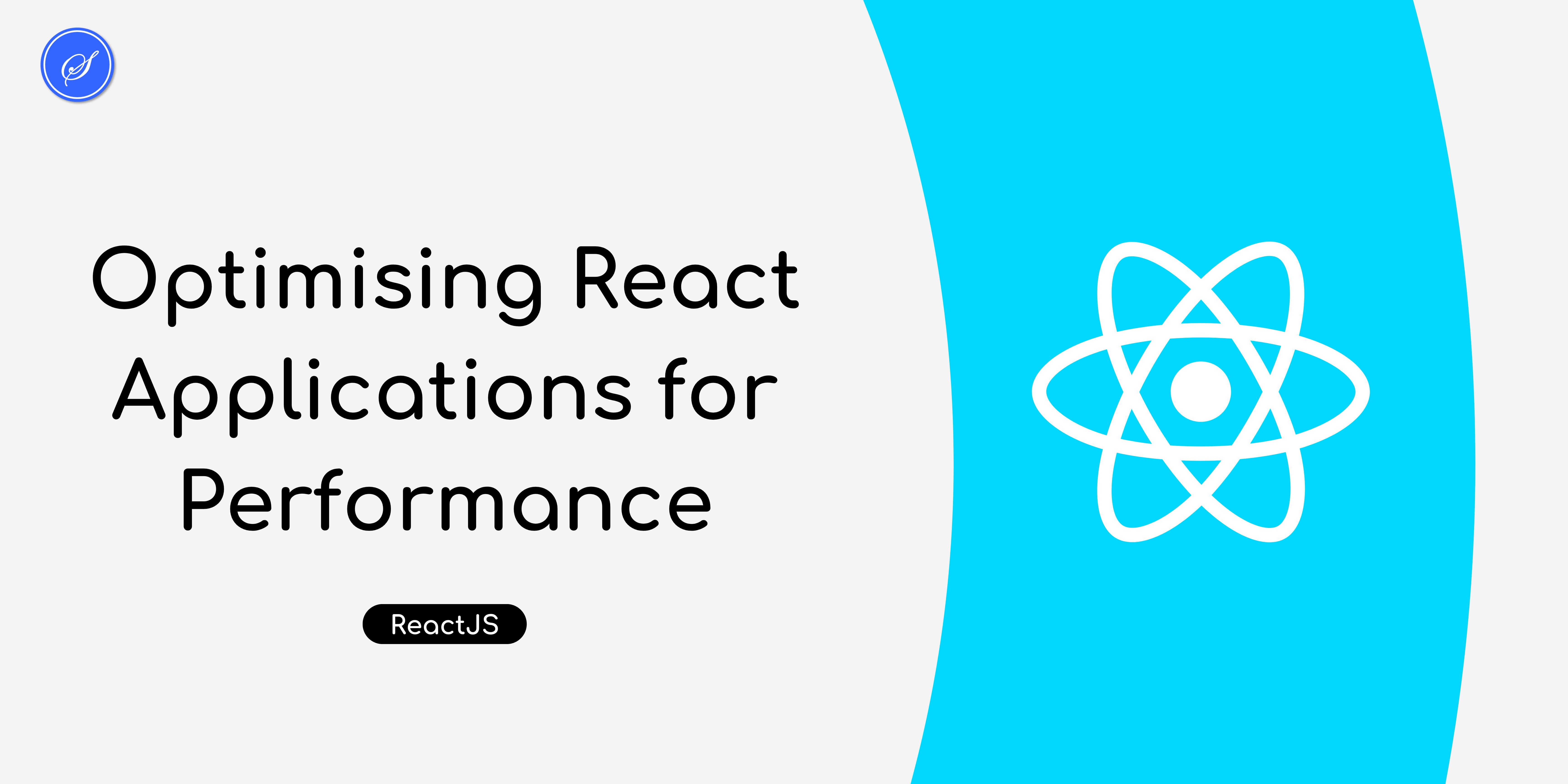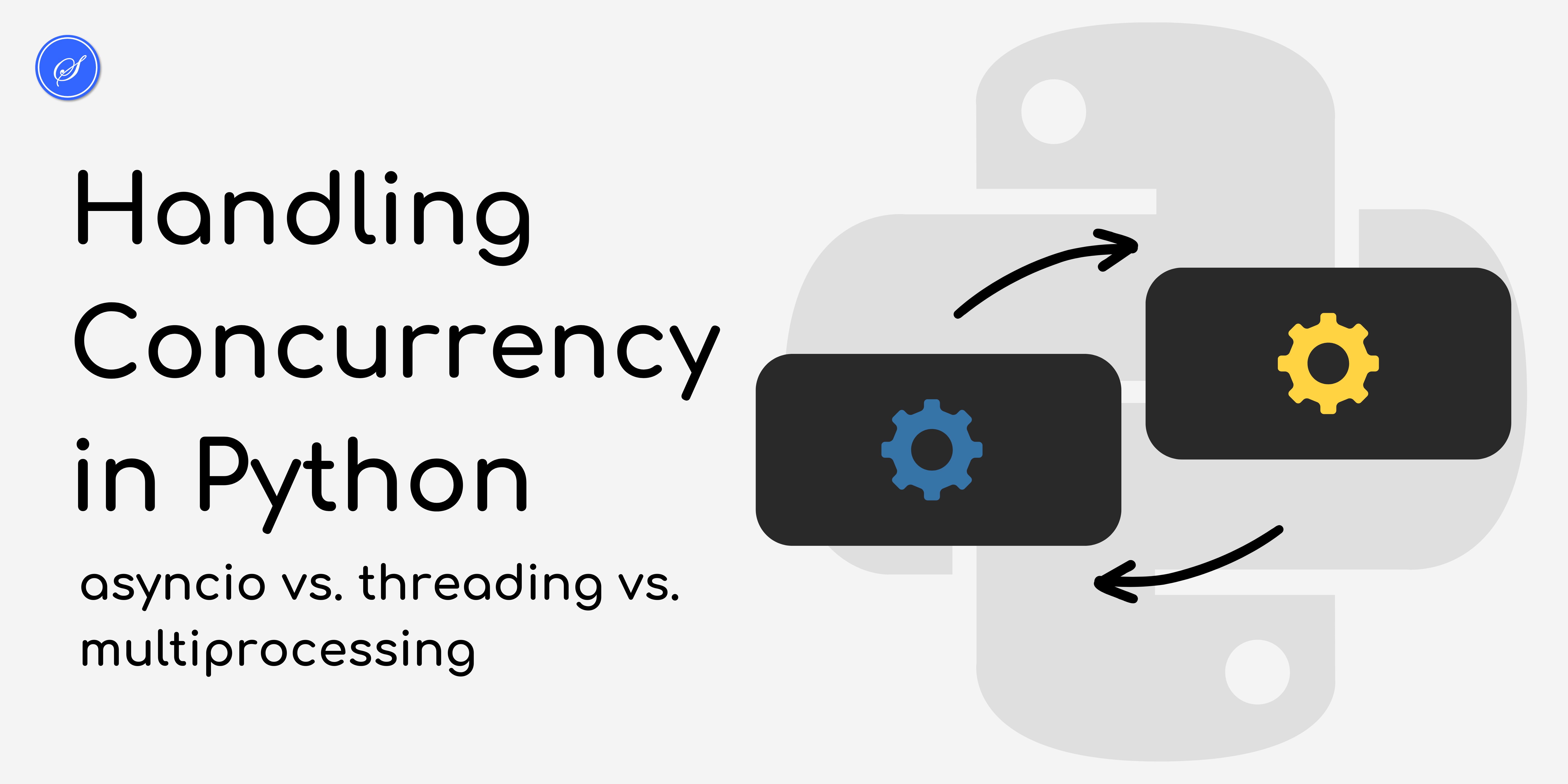Advanced Query Techniques in Django's ORM
Prefer to listen?

As a seasoned Django developer, you're likely well-acquainted with the power and convenience that the Django Object-Relational Mapping (ORM) system provides. However, to truly master Django development and optimize your database interactions, it's crucial to delve into advanced query techniques offered by the Django ORM. In this article, we'll explore some advanced strategies for crafting efficient and expressive database queries.
The Django ORM simplifies database interactions by allowing developers to work with Python objects rather than raw SQL queries. The QuerySet API serves as the bridge between your Django models and the database.
1. Optimizing Query Performance
One of the key challenges in database interactions is optimizing query performance. Django provides several tools to address this, including the select_related and prefetch_related methods. These methods enable you to minimize database hits by fetching related objects in a single query, reducing the overall database load.
class Author(models.Model):
name = models.CharField(max_length=100)
class Book(models.Model):
title = models.CharField(max_length=200)
author = models.ForeignKey(Author, on_delete=models.CASCADE)
# Fetch books with related author information in a single query
books = Book.objects.select_related('author').all()
2. Harnessing Aggregation Functions
Aggregation is a powerful feature for performing calculations on sets of values. Django ORM provides aggregation functions like Sum, Avg, and Count. Utilizing these functions, you can perform complex calculations directly within your queries.
# Example using aggregation functions
from django.db.models import Sum
# Calculate the total price of all orders
total_price = Order.objects.aggregate(total=Sum('price'))['total']
3. Advanced Filtering Techniques
Django ORM offers an extensive set of filtering options beyond the basic filter method. Take advantage of Q objects for complex queries and use conditional expressions for more advanced filtering.
from django.db.models import Q, F
# Filter books by price greater than 50 or published in the last year
books = Book.objects.filter(Q(price__gt=50) | Q(pub_date__year=2023))
4. Raw SQL Queries with raw()
While Django's ORM is powerful, there are scenarios where raw SQL queries are necessary. The raw() method allows you to execute custom SQL queries while still returning Django model instances.
# Example using raw SQL queries
raw_books = Book.objects.raw('SELECT * FROM app_book WHERE price > %s', [30])
Mastering advanced query techniques in Django ORM opens up a realm of possibilities for building high-performance web applications. By optimizing performance, leveraging aggregation functions, employing advanced filtering, and using raw SQL queries when needed, you'll be equipped to handle complex database interactions with ease.
FAQs about Advanced Query Techniques in Django
How can I optimize query performance in Django ORM?
Use select_related and prefetch_related to minimize database hits and improve performance.
What are some advanced filtering techniques in Django ORM?
Utilize Q objects for complex queries and conditional expressions for advanced filtering.
How can I perform calculations on sets of values in Django ORM?
Leverage aggregation functions like Sum, Avg, and Count for complex calculations.
When should I use raw SQL queries in Django?
Use the raw() method when you need to execute custom SQL queries and still return Django model instances.
What's the significance of conditional expressions in Django ORM?
Conditional expressions allow you to perform advanced filtering based on conditions within your queries.
Comments

Enterprise Software and
Cloud Services for Your Business
Custom Web Applications, SaaS MVPs, Admin Dashboards, API Integrations, DevOps & Deployment, Ongoing Maintenance & Support.
What's in the newsletter?

Battle-Tested Tips for Debugging Django and React Apps

Microservices Architecture with Django and React

TypeScript Best Practices for Large-Scale Applications

Top 10 Software Engineering Trends to Watch in 2025

Fine-tuning ReactJS State Management for Complex Applications

Key Takeaways from Google IO 2024

Optimising React Applications for Performance

Design Patterns in Modern JavaScript and TypeScript

Handling Concurrency in Python

Implementing SEO Best Practices in Django for Better Google Ranking

Advanced Testing Techniques in Django

Django Development in 2025

Building Serverless Django Applications

Implementing Powerful Search in Django

